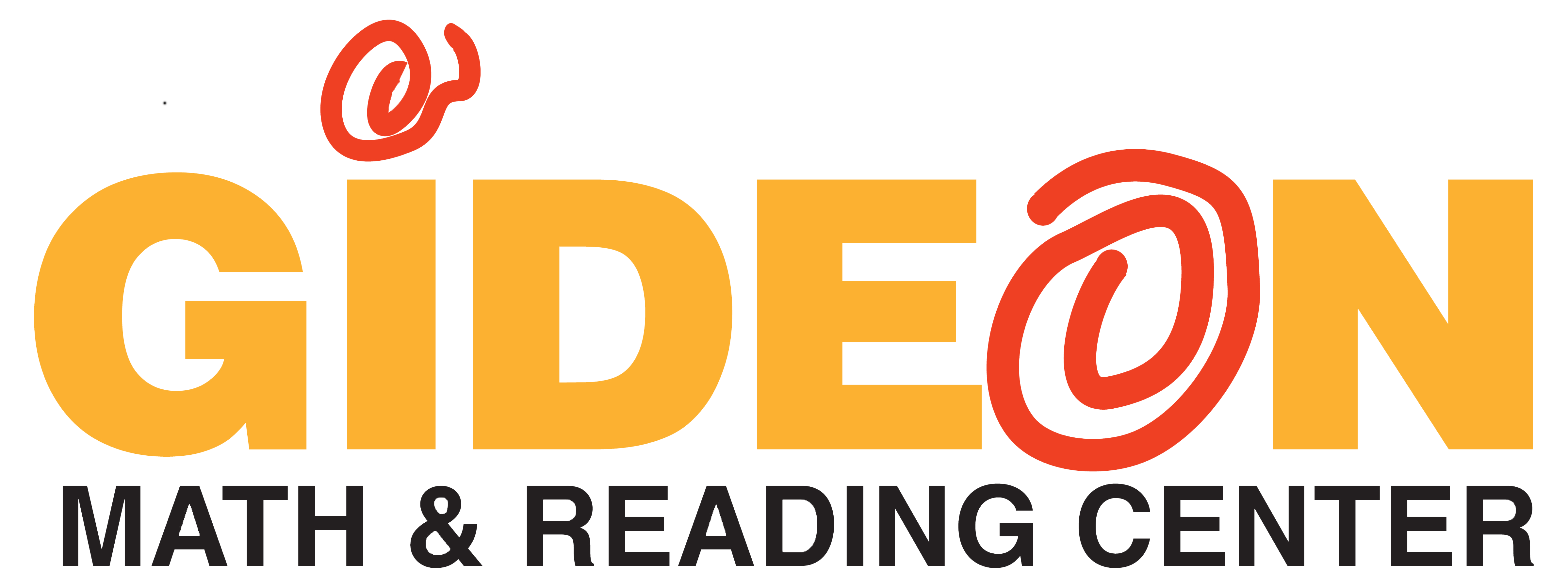Intelligence is the measure of the brain’s ability to acquire and apply certain knowledge and skills. We know the human brain can grow, change, and even rewire itself to meet new standards. This ability of the brain is called brain plasticity. By correcting mistakes, our knowledge is able to extend further than previous limits. At Gideon, we highly value mistakes (and the correcting of!) to help students persevere through challenges and think like champions. We see brain plasticity in action each day!
Success, in many areas, depends on a person’s mindset. An article by Maria Miller, “Brain Growth and the Value of Mistakes in Math Learning” discusses this concept of types of mindsets. Miller explains the difference between two types of mindsets: a fixed mindset and a growth mindset.
A fixed mindset is a mindset that believes intelligence (the brain) is fixed and not changing. But, it is a mindset that HINDERS brain growth AND the growth of one’s intelligence. A person with a fixed mindset avoids challenges.
A person with growth mindset, on the other hand, sees difficult tasks as OPPORTUNITIES for growth. They believe that with effort, they can LEARN. And, they struggle to learn and grasp the problem, their brain ACTUALLY grows — it grows new neurons and new connections between them (synapses).
Maria highlights this video below about a study done on London cab drivers whose hippocampus -which holds the spatial information- had actually grown quite a bit larger than a normal person’s while they were studying to memorize the 320 routes of the 25,000 streets and 20,000 landmarks and places of interest. London bus drivers who do not have to learn complex routes were not found to have the same characteristic.
Gideon Math and Reading understands the growth mindset and encourages our students to believe this as well.
How can we encourage a growth mindset in students?
The main way is to help students value MISTAKES. They — and we — need to see MISTAKES as something very valuable for math learning.
Yes, value mistakes! And ensure they rework them to the correct result. Always remind students, “Be patient with yourself. You are LEARNING!” One of the biggest factors in a student’s success is the measure of his confidence. A child who feels badly or discouraged will not perform to the standard that a child with the correct encouragement would. Be sure to encourage correcting mistakes and learning from them.
Explain to the student WHY a mistake is incorrect in an encouraging way. Avoid negative tone and language like, “No, that’s wrong. You’re not doing it right.” Encourage correcting mistakes by saying, “You were on the right track, but try it this way instead.”
If you are parent, you may be asking, “What can I do to at home to help my child’s brain growth?” You can make sure all the school homework is completed correctly. If not, have her redo it. If it is easy for her, challenge her with a slightly harder novel or new math concept.
Within the Gideon program, aim for your child to reach the daily goals written on the front of the booklet. The student’s work needs to be timed (if in math) and graded. If he is not meeting the time and mistake standard, start practicing oral facts more or ensure there are no distractions while working. Oral facts work like flash cards and should be practiced each day. Oral facts mastery is the key to progress and fast results!
Finally, keep the growth mindset for yourself and your student!
